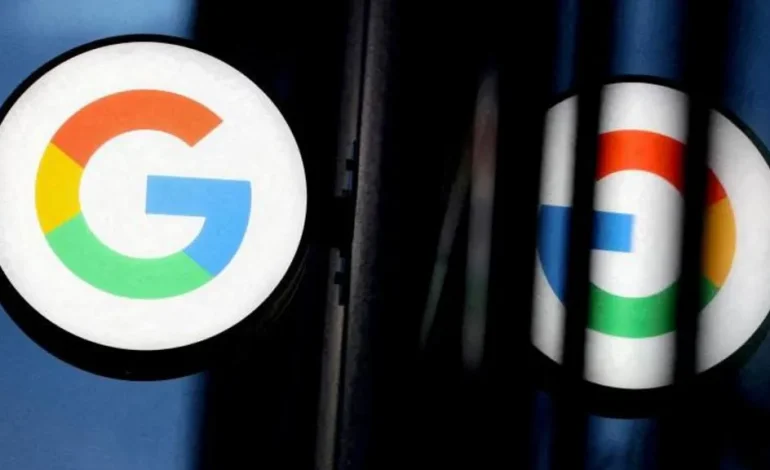A US federal judge has mandated that Google must permit rival technology firms to offer their Android apps on its Google Play app store for three years, starting next month.
This ruling comes as part of a case initiated by Epic Games, the creator of the popular video game Fortnite.
Judge James Donato’s decision includes various remedies, which Google has announced it will appeal, seeking a delay on the implementation of these measures. The judge’s ruling follows a jury’s December verdict favoring Epic, which argued that Google stifled competition by controlling app distribution and payment methods on Android devices.
Google expressed concerns about the ruling, stating it could jeopardize consumers’ privacy and security, complicate app promotion for developers, and diminish competition across devices. The company issued a statement highlighting that the changes imposed by the court could lead to significant unintended consequences.
Legal experts view this ruling as a noteworthy challenge to the dominance of major technology companies. Rebecca Haw Allensworth, a professor at Vanderbilt Law School, noted that the ruling suggests courts may not oppose compelling dominant platforms to provide access to rivals in the interest of fostering competition.
Among the remedies ordered, Google must allow third-party app stores to access its catalog of applications and is prohibited from incentivizing developers to launch apps exclusively on its Play Store. Mark Lemley, a professor at Stanford Law School, commented that while such requirements are not typically mandated by antitrust law, the court has the authority to impose corrective actions in response to past violations.
Previously, Google argued that its Play app store operates in a competitive environment, citing competition with Apple’s App Store. In a separate case, an appeals court ruled that Apple does not hold a monopoly in the mobile gaming sector.
The ruling adds to a series of legal challenges faced by Google regarding competition. In August, another US district judge sided with the Department of Justice in a case alleging that Google maintained an illegal monopoly in online search. Additionally, recent hearings have focused on claims that Google dominates the advertising technology market.
Critics of Google have highlighted that the company’s fees—up to 30% on every transaction within its app store—have led to higher consumer prices, arguing that such fees reflect its monopolistic control. Lee Hepner, Senior Legal Counsel at the American Economic Liberties Project, expressed optimism that the ruling could foster a more competitive market, resulting in lower prices for consumers.
The judge’s order will take effect on November 1, allowing Google time to align its practices with the ruling. Epic’s lawsuit, initiated in 2020, accused Google of monopolizing app access and payment processes on Android devices. The ruling paves the way for potentially significant changes in how developers and consumers engage with Android apps.
BBC, Reuters, the Guardian, and the Wall Street Journal contributed to this report.









